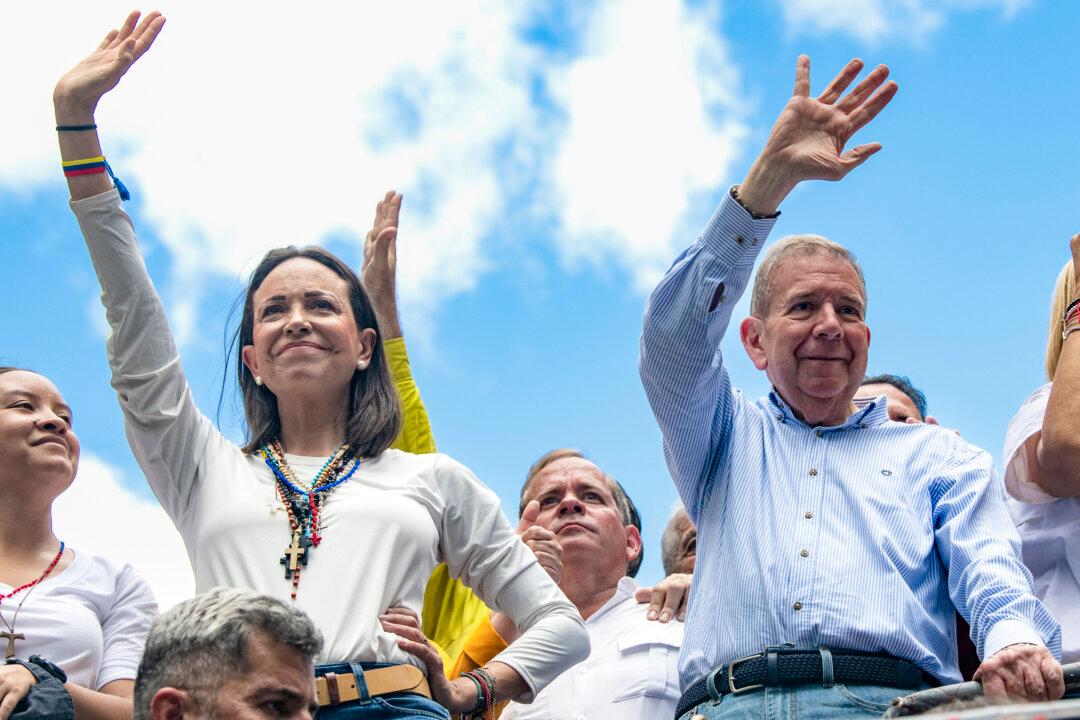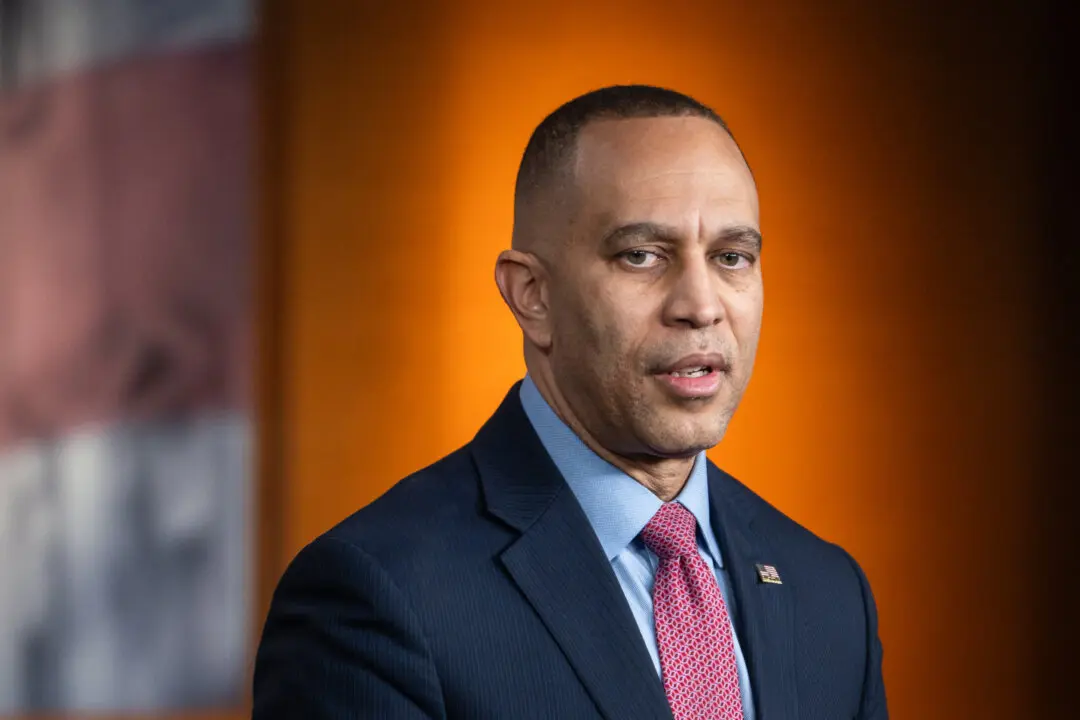The Venezuelan Public Ministry has opened a criminal probe into opposition leaders for their appeal to the army and police to “stand on the side of the people” amid protests over disputed election results.
The probe was initiated after an Aug. 5 letter by opposition candidate Edmundo González and leader María Corina Machado urged the armed forces to stop suppressing protesters and “respect the voice of the people.”





